For the last four decades, Mendel Nun (pronounced noon) has produced a steady stream of articles, monographs and books about the Sea of Galilee—called in Hebrew Yam Kinneret, Lake Kinneret. Ancient harbors, water levels and fishing techniques are just a few of the subjects detailed in Nun’s work. His research has focused largely on the lake in late antiquity, and his 1964 book, Ancient Jewish Fisheries [in Hebrew], won the prestigious Ben-Zvi Prize.
Born into a Zionist family in Latvia, Nun began to learn Hebrew at five, and decided to immigrate to Palestine as a teenager. After many difficulties, he eventually received a student visa and left for Palestine in September, 1939, shortly before the Baltic Republics were invaded by Stalin. Following the imposition of Soviet rule, no one was allowed out of Latvia, and in 1941 the Republics were seized by Nazi Germany. All the Latvian Jews, including most of Nun’s family, were subsequently rounded up and murdered.
Nun spent what he remembers as a wonderful year at the Hebrew University of Jerusalem, but a year was enough for him and he headed to the Galilee to put his Zionism into action. Joining his brother at Ein-Gev, a young kibbutz on the eastern shore of the Sea of Galilee, he immediately went to work in the settlement’s fledgling fishing industry.
Soon Nun began researching the history of his new trade and surroundings, and realized that he was using essentially the same techniques that Peter, James and John employed two thousand years earlier. Learning Arabic, Nun interviewed many experienced local fishermen about their fishing practices. Help sometimes came from other quarters. When Nun needed antiquarian books, Teddy Kollek often brought them from London. Kollek, who is now mayor of Jerusalem, was one of the founding members of the kibbutz, and when he was not busy elsewhere he and Nun fished together on the lake.
After Israel’s independence in 1948, Nun began to publish his findings about the ancient Jewish fishing industry, as well as the lake’s history and archaeology. Nun often had university professors, such as Shmuel Safrai, advise him and check his work, but when it came to the maritime history of the lake, Nun was a pioneer.
Fishing was a dangerous business between 1948 and 1967 when the Syrian army often fired at boats in the northeast corner of the lake, which was one of the best fishing areas. The kibbutz’s boats frequently came under fire and Nun lost a number of friends to Syrian army snipers. After the Syrians were pushed away from the lake in the 1967 Six Day War, Israelis could fish freely in the whole of the lake.
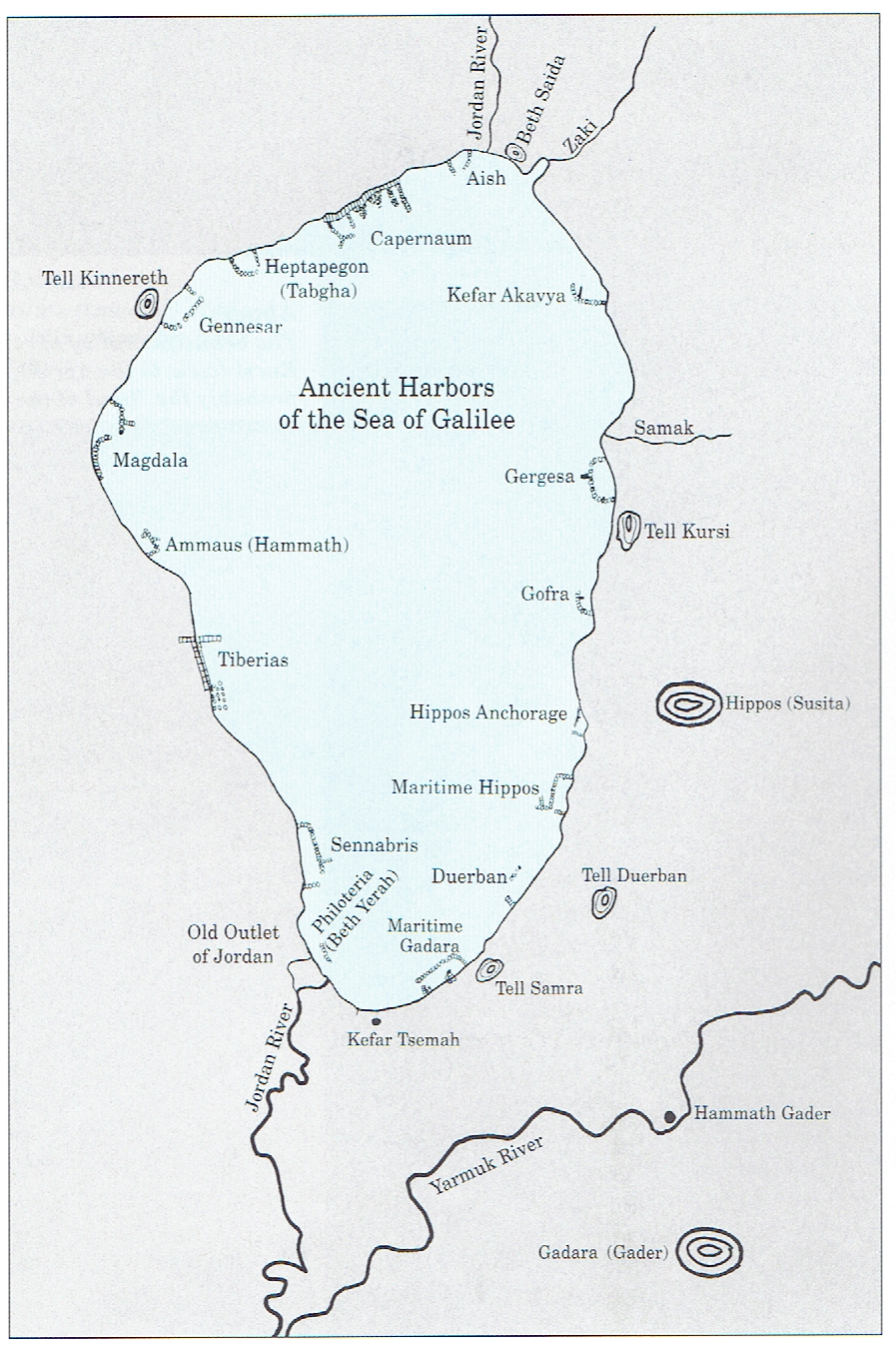
Map of the Sea of Galilee’s ancient harbors. Sixteen harbors have recently been discovered, thirteen of them by Mendel Nun.
There is another side to Nun—the amateur archaeologist. After an ancient harbor was discovered at Kursi in 1970, Nun began to systematically search for the many ancient harbors that once graced the lake. The fruit of his years of searching can be found in his latest English work, The Sea of Galilee: Newly Discovered Harbours from New Testament Days (2nd ed.; Kibbutz Ein-Gev: Kinnereth Sailing Co., 1989). Another of his important discoveries was the Byzantine monastery and church at Kursi, ancient Gergesa (cf. Mark 5:1).
In recent years, the economic importance of fishing has declined for Ein-Gev. Tourism instead has taken its place. Nun is now treasurer of the Kinnereth Sailing Company, which transports thousands of tourists and pilgrims across the lake every year. Asked if the kibbutz plans to eventually give up fishing altogether, Nun shakes his head and explains that the settlement is too conscious of its links with the ancient past to ever do that. And he proudly acknowledges that Jesus and his disciples are a part of that past.
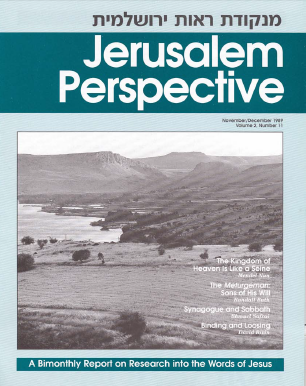

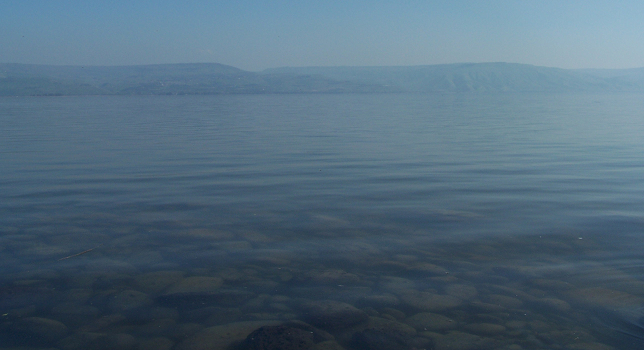
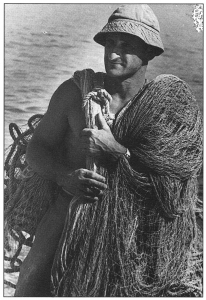
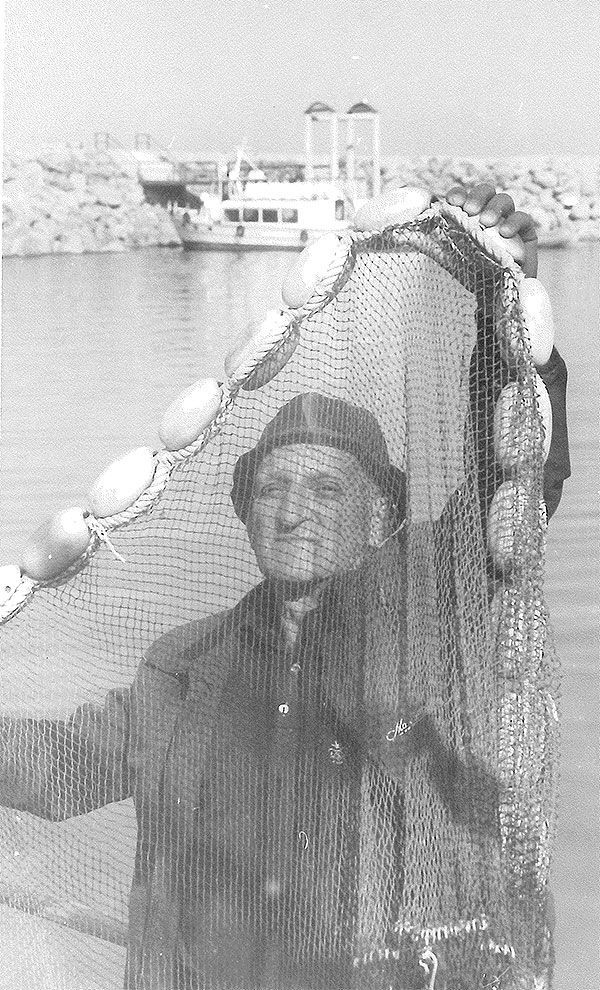


Comments 3
And see Nun’s other 6 articles, such as:
http://www.jerusalemperspective.com/2451
This is a wonderful article. The last sentence is the greatest part.
I wonder, by the way,:
– what kind of fish that is found in the Sea of Galilee.
– how Rabban Yeshua and His disciples normally had their fish cooked.
I’ve never been to the Holy Land. But if I ever go there to visit, I will definitely want to try the same fish that the Rabban and His disciples ate, and, if possible, also in the same manner the fish was cooked.
@Rio2012 Nun’s article on “Fish, Storms and a Boat” discusses the main fish that were caught on the Lake. http://www.jerusalemperspective.com/2456